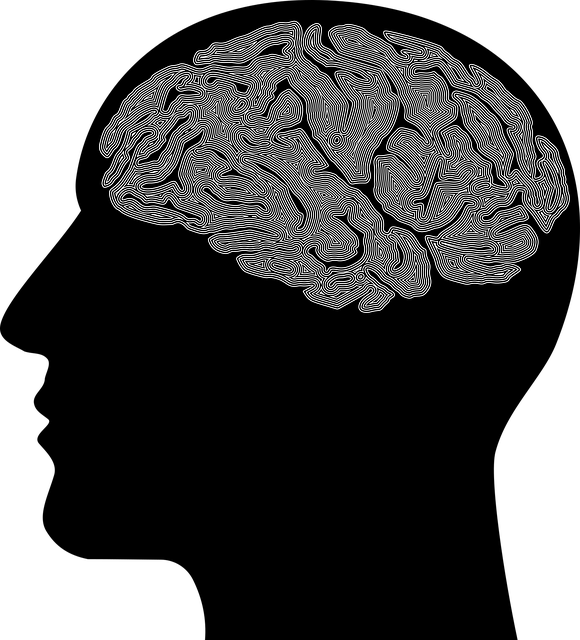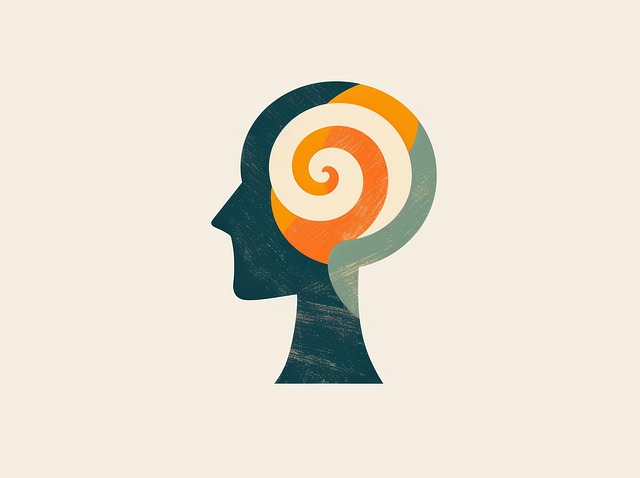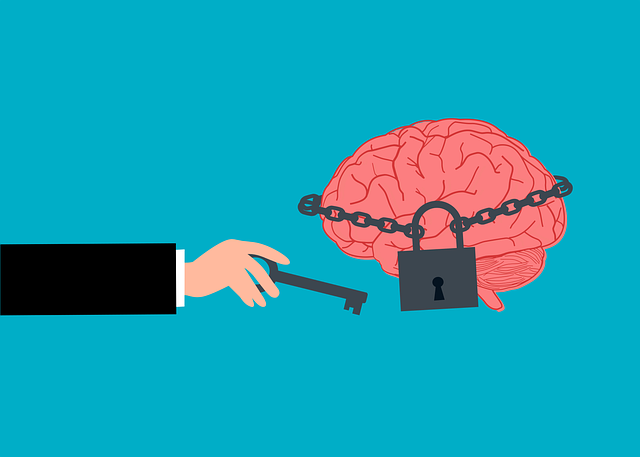Englewood Blended Families Therapy (EBFT) emphasizes the vital link between social skills and mental health, offering a holistic approach to address isolation and anxiety. Through mindfulness meditation, communication training, and empathy development, EBFT equips individuals with tools to build supportive relationships and manage conditions like depression and anxiety. Their unique strategies include role-playing, group therapy, stigma reduction efforts, and self-care practices, fostering emotional healing and strong interpersonal connections. EBFT's comprehensive approach extends beyond traditional therapy, empowering clients with practical skills for confident social interactions and sustainable mental wellness.
Social skills training is a powerful tool for managing mental health conditions, fostering connections, and improving overall well-being. This article delves into the intricate relationship between social skills and mental health, highlighting how deficiencies in social interactions can exacerbate issues like anxiety and depression. We explore the specific contributions of Englewood Blended Families Therapy in providing effective social skills training. Additionally, we offer practical strategies for therapists and insights into integrating these skills into daily life for lasting benefits.
- Understanding the Connection Between Social Skills and Mental Health
- The Role of Englewood Blended Families Therapy in Social Skills Training
- Strategies for Effective Social Skills Development in a Therapeutic Setting
- Integrating Social Skills Training into Daily Life for Long-Lasting Benefits
Understanding the Connection Between Social Skills and Mental Health

Social skills play a pivotal role in maintaining good mental health. Many mental health conditions, such as depression and anxiety, can stem from or be exacerbated by difficulties interacting with others. Individuals struggling with these issues may find themselves isolated, which can deepen their feelings of loneliness and despair. Conversely, improving social skills can create a support network that helps buffer against stress and promotes positive well-being.
At Englewood Blended Families Therapy, we recognize the intricate connection between social competencies and mental health. Our therapeutic approaches often incorporate techniques like mindfulness meditation and mind over matter principles to enhance clients’ ability to connect with others effectively. By teaching skills for healthy communication, conflict resolution, and empathy, we empower individuals to navigate relationships more successfully and, in turn, contribute to their overall depression prevention and improved quality of life.
The Role of Englewood Blended Families Therapy in Social Skills Training

Englewood Blended Families Therapy (EBFT) offers a unique and comprehensive approach to social skills training, focusing on strengthening connections and fostering healthy relationships. This therapy model recognizes that social interactions play a pivotal role in one’s mental health and overall well-being. Through EBFT, individuals learn valuable tools to navigate social situations with confidence, thereby boosting their self-esteem and promoting positive mental wellness.
The program integrates various techniques, including guidance on Mental Wellness Journaling Exercises, to help clients reflect on their experiences and track progress. By combining therapy sessions with the development of a consistent Self-Care Routine for better mental health, EBFT empowers individuals to take charge of their emotional well-being. This holistic approach ensures that participants not only enhance their social skills but also cultivate resilience, enabling them to thrive in both personal and professional settings.
Strategies for Effective Social Skills Development in a Therapeutic Setting

Developing social skills in a therapeutic context is an essential component of treating individuals with mental health conditions, especially when addressing the impacts of isolation and social anxiety. At Englewood Blended Families Therapy, we employ tailored strategies to foster meaningful connections and improve social interactions. One effective approach is role-playing scenarios that allow clients to practice communication techniques in a safe environment. By simulating real-life situations, therapists can help individuals build confidence in their ability to navigate social settings, manage emotions during conversations, and interpret non-verbal cues—all crucial aspects of enhancing social competence.
Additionally, group therapy sessions play a pivotal role in promoting social skills development. These sessions encourage clients to engage in peer interactions, share experiences, and learn from one another’s successes and challenges. Through collaborative problem-solving and emotional support within the group, individuals can develop coping strategies that extend beyond the therapeutic setting. Moreover, addressing the Mental Illness Stigma Reduction Efforts is integral to this process, as it helps create an environment where self-acceptance and understanding of others flourish, thereby reducing barriers to social inclusion. Risk assessment for mental health professionals also guides therapists in tailoring interventions to individual needs, ensuring a supportive and effective learning experience that incorporates Self-Care Practices to prevent burnout during the helping process.
Integrating Social Skills Training into Daily Life for Long-Lasting Benefits

Integrating social skills training into daily routines is key to reaping long-lasting benefits for individuals managing mental health conditions. At Englewood Blended Families Therapy, we understand that building and maintaining healthy relationships can significantly enhance emotional healing processes. Our approach goes beyond traditional therapy sessions; we equip clients with practical strategies to navigate social interactions confidently. This includes teaching essential skills like active listening, effective communication, and empathy, which form the backbone of strong interpersonal connections.
By weaving these skills into daily life, individuals become more adept at managing social situations, reducing anxiety, and fostering meaningful relationships. Our Community Outreach Program Implementation aims to extend this support beyond therapy walls, creating opportunities for clients to practice new skills in diverse settings. Ultimately, we strive for sustainable mental wellness through the development of Mental Wellness Coaching Programs, empowering our clients to continue their emotional healing journeys independently.
Social skills training, particularly through innovative approaches like Englewood Blended Families Therapy, plays a pivotal role in improving mental health outcomes. By integrating these strategies into therapeutic settings and daily life, individuals with mental health conditions can develop and strengthen their social interactions, fostering better relationships and enhancing overall well-being. This holistic approach ensures that the benefits of social skills training are lasting, providing folks with the tools to navigate social situations confidently and thrive in various aspects of life.









